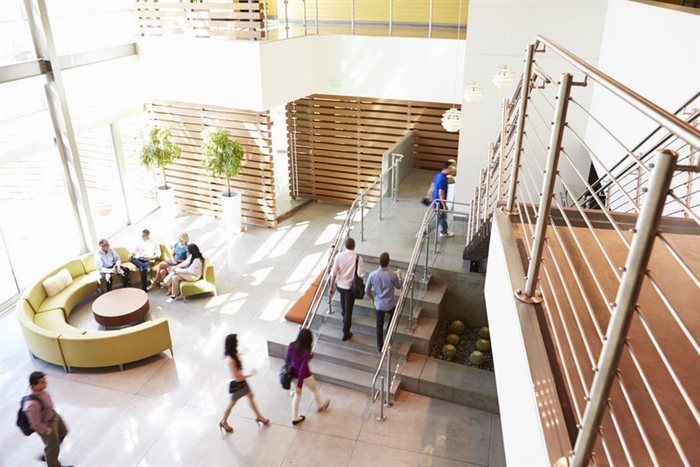Covid-19 prompted a global shift in the modern work environment, allowing employees greater flexibility in where they choose to work. However, faced with a prolonged round of load shedding, should South African employers call their staff back to the office to ensure productivity?
“South Africa is experiencing some of its worst power outages since 2021 and we are well on our way to a new record in 2022,” says John Jack, CEO of Galetti Corporate Real Estate.
According to reports, Eskom has cut 2,276 gigawatt-hours of electricity from its grid this year in comparison to its record of 2,521 gigawatt-hours in 2021. The utility's current energy availability factor is sitting at 62%, having decreased from last year’s capacity of 65%.
Jack says that while many businesses are opting for backup power solutions such as UPS systems and generators, others are moving off the grid completely by installing solar power.
“Despite the economic turndown, companies are investing heavily in backup solutions and this will bode well for them in future with many tenants looking for properties with backup power. In addition, it provides a stable environment and ensures sustained business activity.”
Impact of load shedding on productivity
Economists at Alexander Forbes have indicated that Stage 6 load shedding costs South Africa over R4bn each day.
“Majority of local businesses are heavily reliant on electricity and the lack thereof threatens to destabilise the economy. The fact is that it is exceptionally difficult to work from home during load shedding hours, and many businesses with hybrid workplace policies are struggling to maintain productivity as a result,” says Jack.
He explains that both corporate and small business productivity has been affected by the ongoing load shedding because of failing internet connections, missed deadlines as employees aren’t able to complete tasks on time, and disruptions to supply chains from the reduced output of goods manufactured. Staff are having to redo work owing to lost data and are generally forced to take a longer period to complete their work.
Off-grid offices offer employees uninterrupted operations
“The drive to obtain backup power supply has been fuelled by a need to ensure continued operations despite the unreliability of the national grid,” says Jack.
“It is now a necessity, no longer a luxury, to acquire backup power supply at your place of work,” he says.
Generators and other backup power supply solutions are costly and are often not affordable to the average homeowner. This means that those working from home are having to deal with continued disruptions to work productivity caused by load shedding, which has left some residents with no power for up to nine hours a day.
“Power cuts have had a severe impact on employee productivity and the health of our economy,” says Jack. “This is why corporate spaces should not only invest in backup power solutions but encourage a full return to the office to ensure that valuable hours are not lost to load shedding.”
He explains that for smaller businesses struggling with cashflow who may not be able to afford the upfront costs of a generator and the cost of diesel to keep it running, a heavy-duty UPS device or an inverter may be a more affordable option.
“For many businesses, all that is required for continued operations is a strong internet supply and plug-points to charge devices and desk lamps,” he says. “A UPS or an inverter can keep the internet going and power plugs until the power returns and cost less to run than a generator."
How will this impact demand in the commercial real estate sector?
Jack indicates that an increased employee reliance on company office space for continued power supply will encourage many companies to renew their leases and even take out more floor space to accommodate the return of their staff to the workplace.
“The bottom line is that the costs of lost productivity and reduced output are far more deadly to a business than the costs of investing in a premises with an uninterrupted power supply where employees can work as normal,” he adds.
“In cases where a company has given up their physical premises and allowed employees to work fully remotely, we are seeing a trend of employers paying for their employees to work from co-working spaces with generators or other continued power supply sources,” he says.
“This enables employees to benefit from the uninterrupted power supply they could access at an office while retaining the flexibility of their current working arrangement.”
“While Covid-19 restrictions decreased the overall demand for commercial office space, load shedding will likely have the opposite effect,” concludes Jack.


































